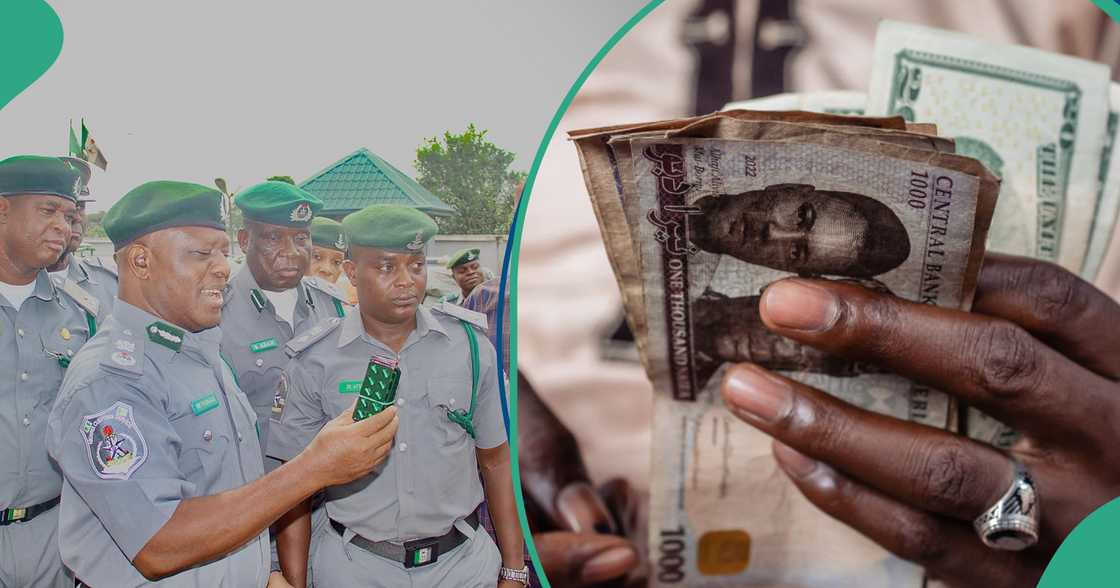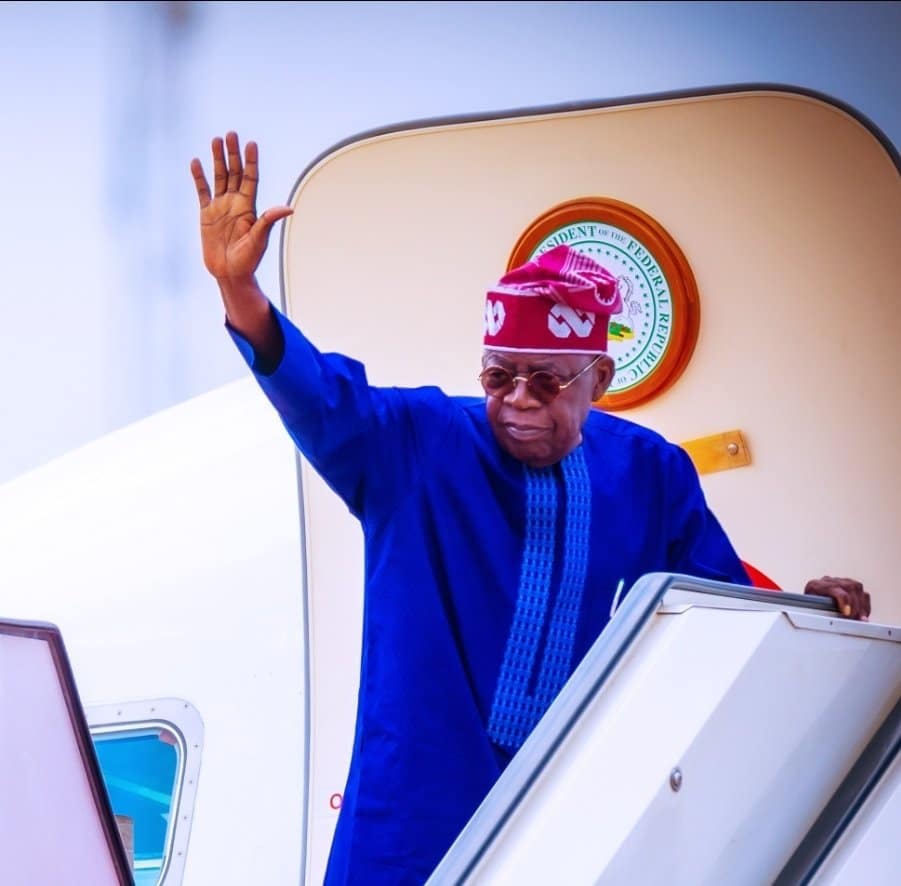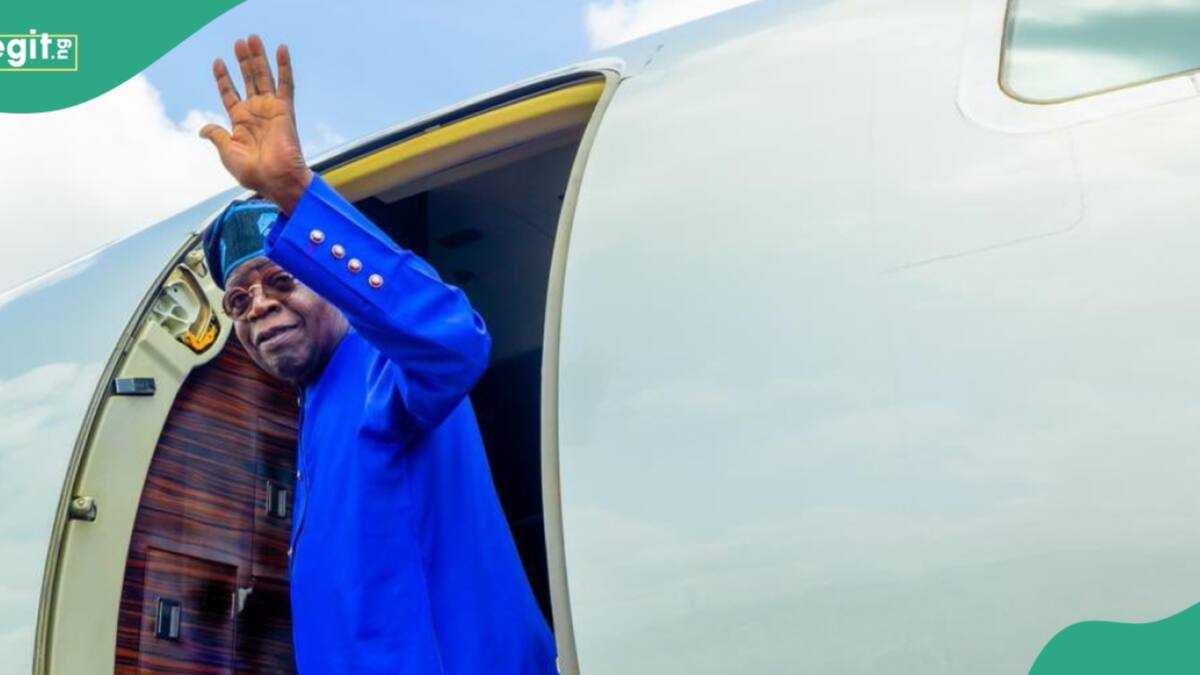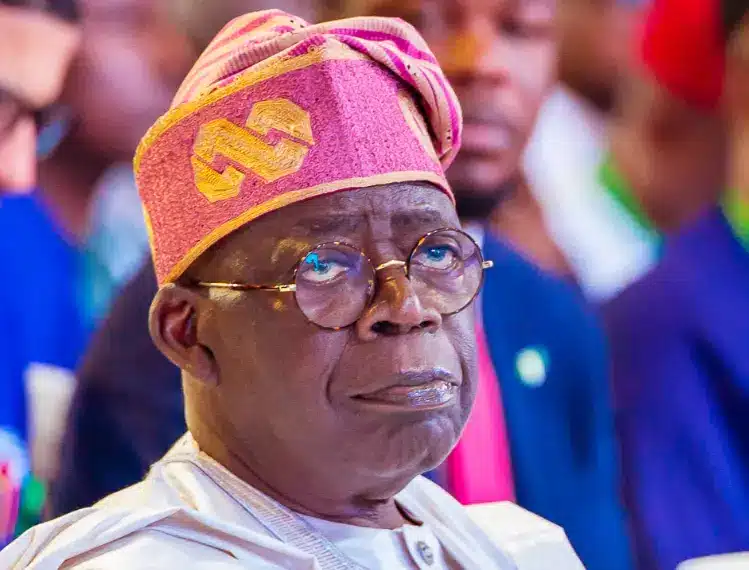- No respite yet for importers as the exchange rate to clear goods at the nation's ports and airports has increased
- The Latest data reveals that importers will pay over N1,658 when applying for Form A starting Monday
- The Nigeria Customs boss recently clarified that the Central Bank of Nigeria determines the Customs exchange rate
Legit.ng journalist Dave Ibemere has over a decade of business journalism experience with in-depth knowledge of the Nigerian economy, stocks, and general market trends.
The Central Bank of Nigeria (CBN) has increased the Nigeria Customs duty exchange rate to clear goods at ports to N1,658.871 a dollar.
The new rate means that importers applying for form M on Monday, November 18, will pay 0.37% more compared to N1,652.63 per dollar quoted the previous week.

Source: Getty Images
Customs duty, also known as import duty, refers to the taxes and levies paid on goods imported into the country.
The duties are paid through a commercial bank to the Nigeria Customs Service, which receives on behalf of the federal government.
Form M is a mandatory statutory document to be completed by all importers for the importation of goods into Nigeria.
Cargo imports dry up at ports
The rising Customs exchange rate has become a big challenge for the Nigerian economy, which is highly dependent on imports.
A recent report by the Nigerian Port Consultative Council (NPCC) revealed that Nigeria witnessed a 4.3 per cent drop in the number of ships that called at the nation’s seaports in the first half of the year 2024.
Muda Yusuf wants N1,000/$ exchange rate
Earlier, Legit.ng reported that the Centre for the Promotion of Private Enterprise (CPPE) called on the CBN to peg the Customs duty rate to N1000/$ to ease the current hardships in the country.
Chief executive officer of CPPE, Dr Muda Yusuf, who made the call, said a significant policy adjustment was necessary to complement current measures to address the country's ongoing cost-of-living crisis.
The renowned economist emphasised that adopting a lower exchange rate would help stabilise the price of goods in the market.
Source: Legit.ng
















 English (US) ·
English (US) ·